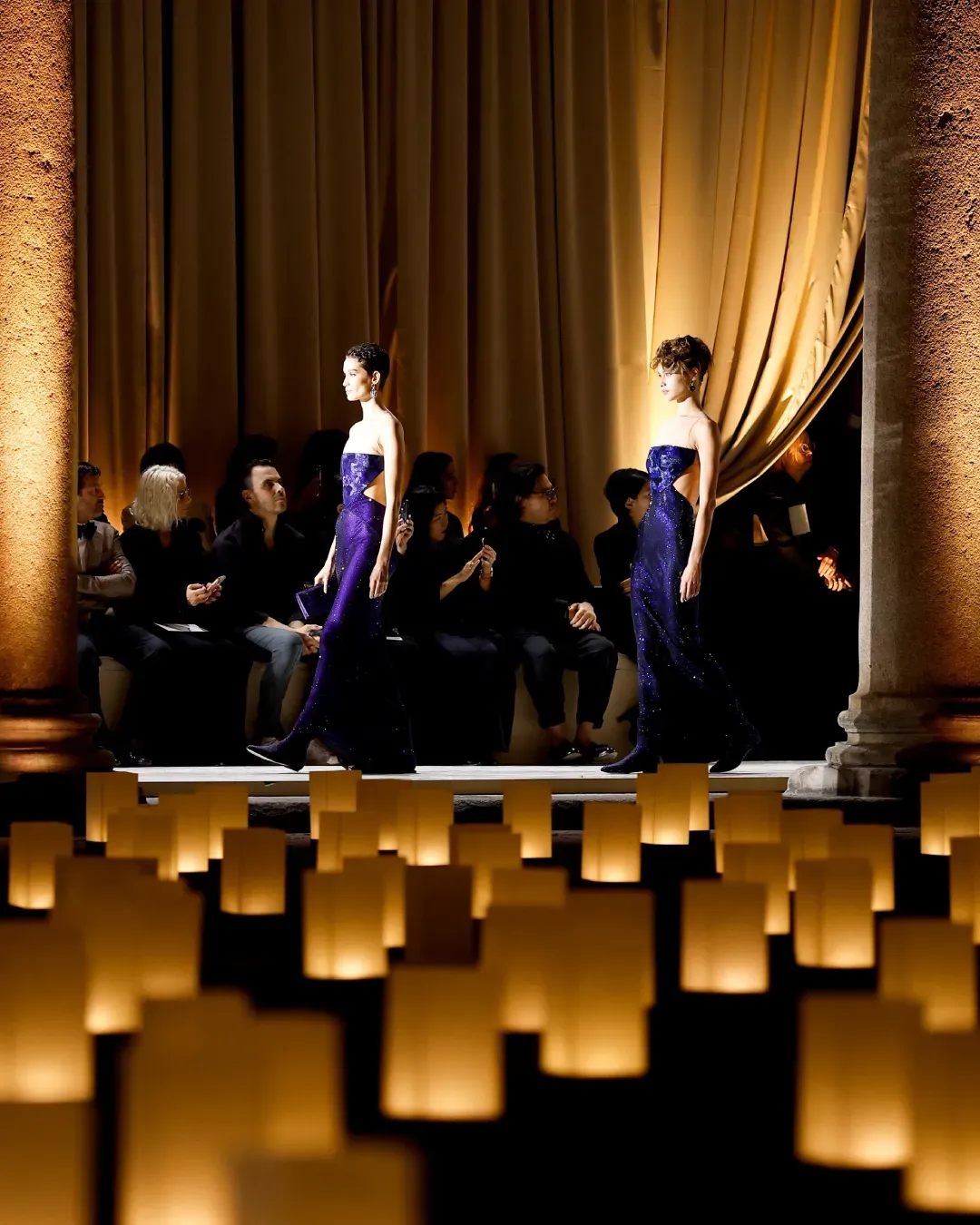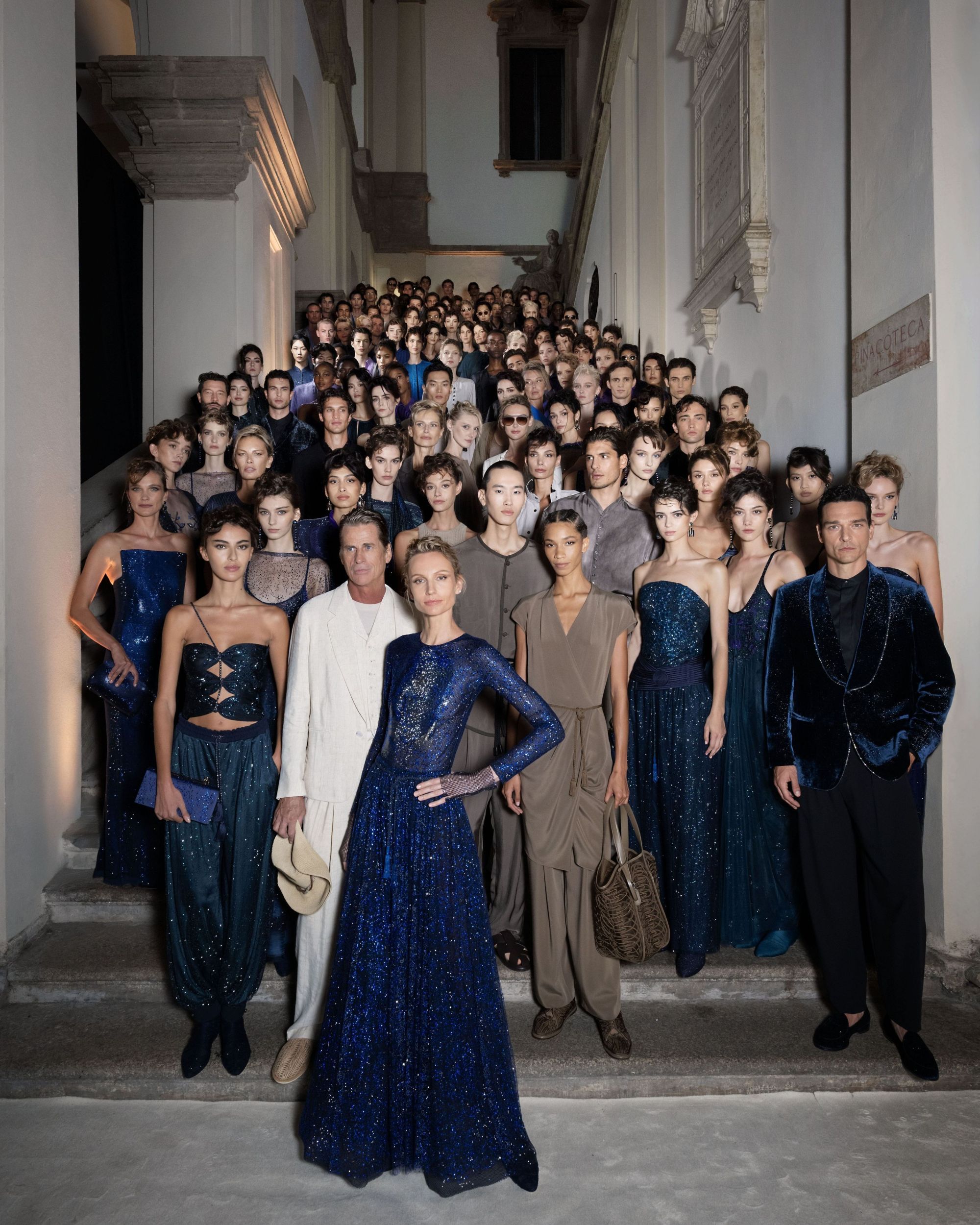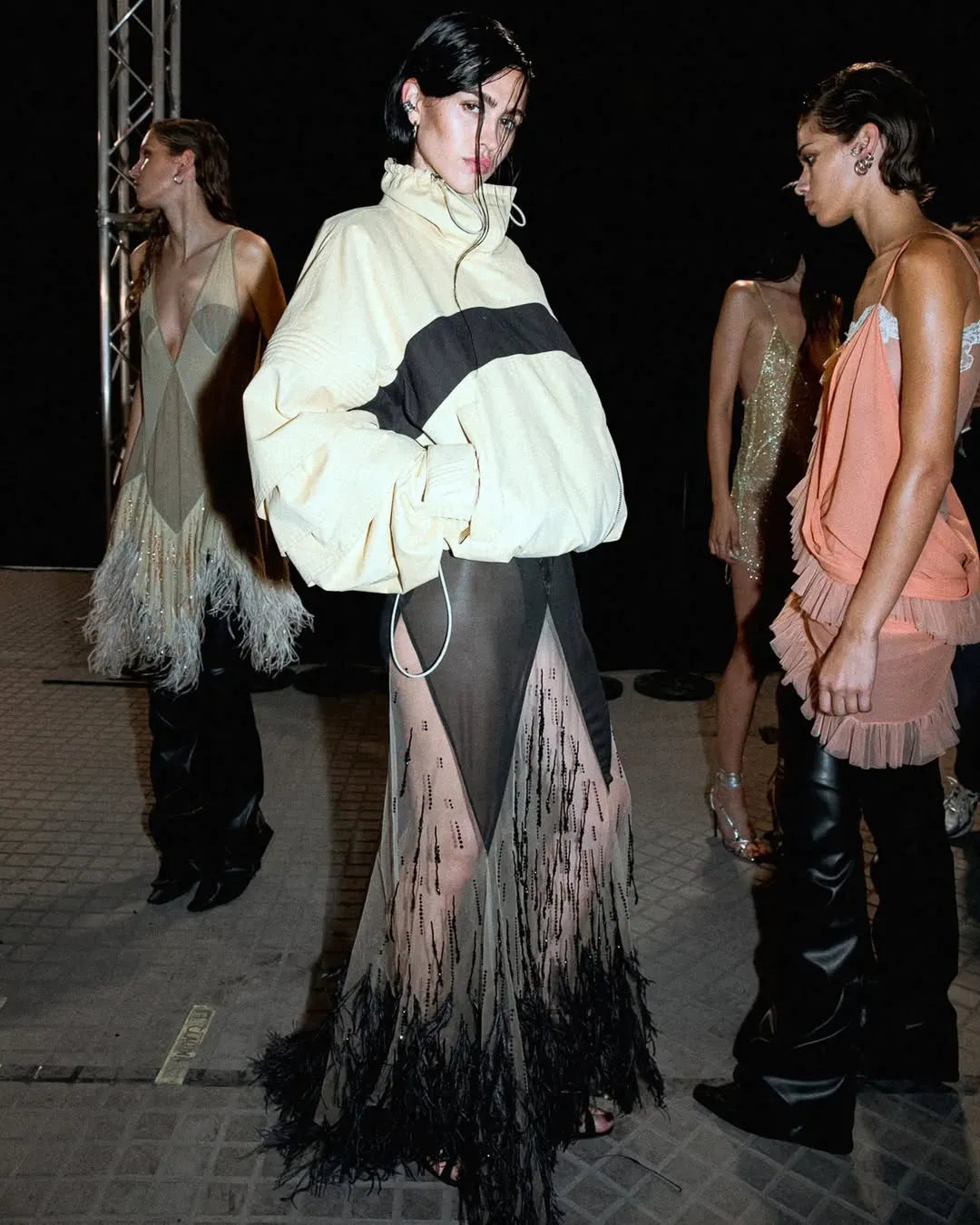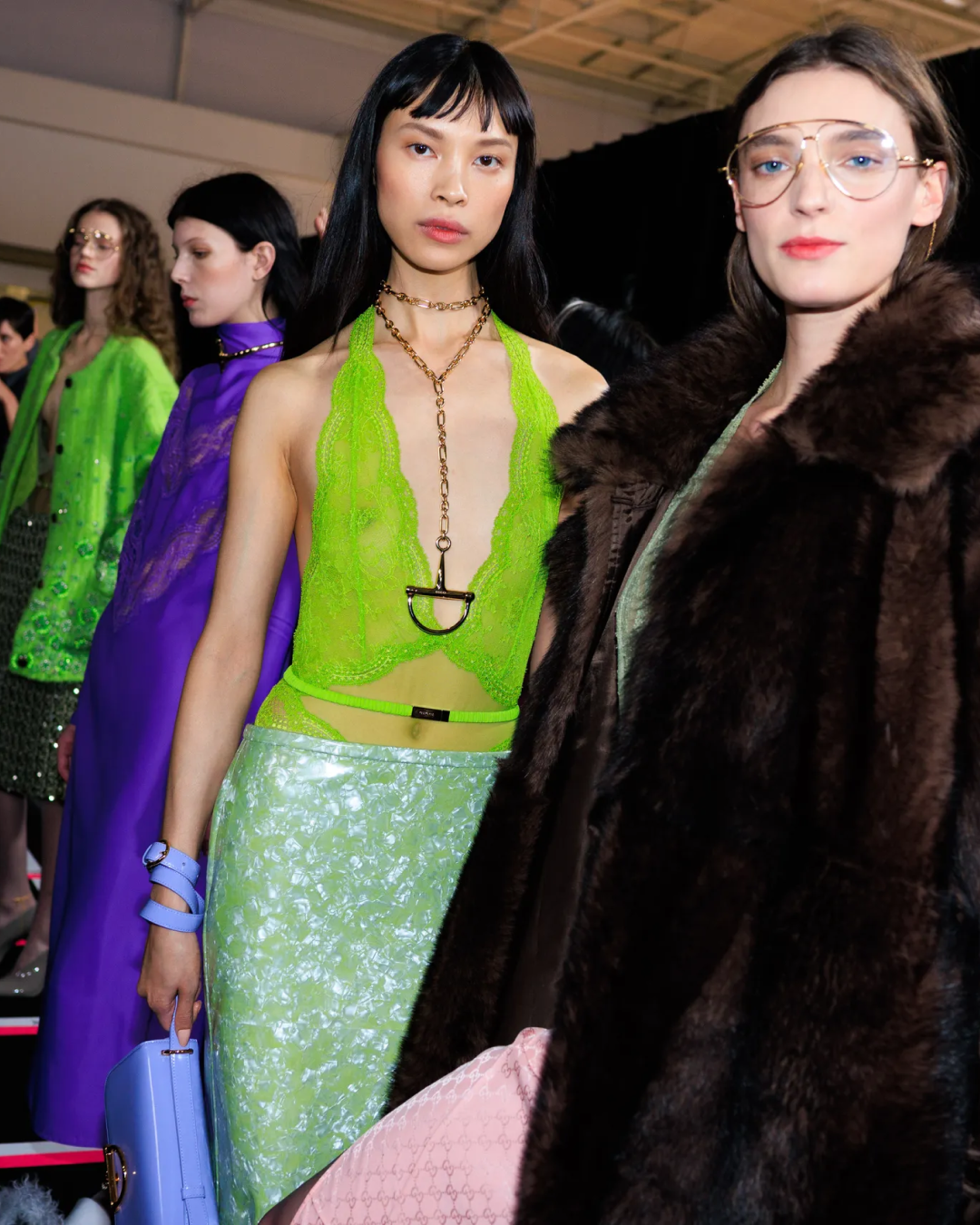
After capitalizing off social media, Bottega Veneta now scoffs at it Although the brand has worked with mega-influencers for years, Daniel Lee believes social media oversimplifies his work
Yesterday , following their disappearance from social media, Bottega Veneta announced the creation of a digital journal, which is set to be an online website where all their visual content would live. In explaining his decision of this non traditional route to The Guardian, Creative Director Daniel Lee scoffed at the existence of social media claiming:
“Social media represents the homogenisation of culture. Everyone sees the same stream of content. A huge amount of thought goes into what I do, and social media oversimplifies it.”
Earlier this year the Italian luxury cult brand deleted all their social media accounts including their instagram account of 2.5 million followers, their Facebook page as well as their Twitter page. The bold and surprising marketing move was one that had many speculating the motive as it had never been done by a brand before. Although they initially chose not to comment on the matter, eventually Kering CEO Francois-Henri Pinault gave WWD some insight explaining that the new communication strategy would simply entail the brand using the internet and social media in a different way, the fruit of which we’ve now come to understand is the digital zine, that is composed of only product centred images and videos “expanding our universe and giving further meaning to the product”, as Lee told yesterday to WWD.
The problem with this statement is that it contradicts the very existence and story of the brand in itself. When Daniel Lee debuted his first collection for Bottega Veneta a little less than three years ago, not many people were initially interested in the aesthetic he proposed, as some may say it was slightly similar to Phoebe Philo’s Celine or The Row at that moment. However, their PRs managed to push an aggressive marketing campaign by staging numerous influencer collaborations. The brand's accessories were pushed aggressively on social media and they were on every influencer’s page. As The Guardian pointed out in one example “The model Rosie Huntington-Whiteley posted no fewer than 39 selfies featuring her Pouch handbag in the space of three months”. The brand managed to gain the cult following it currently has thanks to social media, it was known by many as one of “the influencer brands” so for its Creative Director to now scoff at the platform after it has gained its success and reputation from social media is problematic in so many ways.
“There is a mood of playground bullying on social media which I don’t really like. I wanted to do something joyful instead. We are not just a brand, we are a team of people who work together, and I don’t want to collude in an atmosphere that feels negative,” Lee further explained.
Of course many of us who are on social media can understand this point as negativity on social media is an obstacle that everyone encounters, but the brand’s absence from the platforms will not stop people from talking about it, whether negatively or positively. Either ways, the problem at hand is not that the Creative Director chose to leave social media, nor that he chose to create this new route of a digital magazine, the issue is how he chooses to speak of it. It would have been different if he had taken this stance against social media from the very beginning of his journey, but doing so after he has gained millions of followers and customers from the platform is a move that seems inauthentic as it is hypocritical.
In looking at the larger picture, many brands gain a lot from social media as over 40% of users follow their favourite brands on the platforms, and regardless of Bottega Veneta’s absence from the platform, they will undoubtedly continue to gain from the existence of social media as people will continue to share their products and imagery with pages like @newbottega , which is a fan page that carries over 500K followers. So the idea that the brand is somehow better than social media and the rest of the industry, which is what Lee implies in the way he communicates, is in and of itself untrue as it is inaccurate and now this move that many considered to be genius and risky has now become questionable.

























































